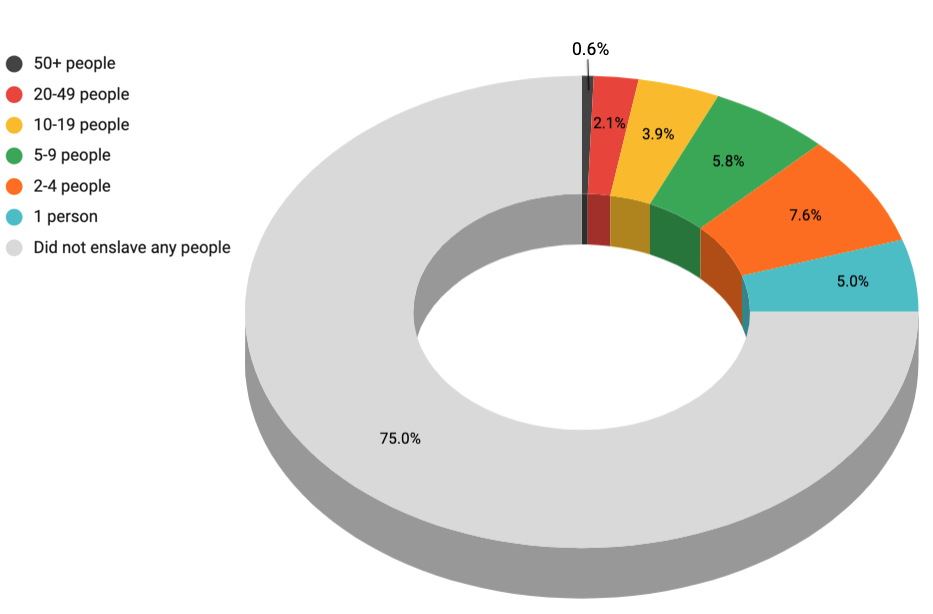
‘Intimacies’: Katie Kitamura’s novel follows an interpreter at The Hague who is dealing with loss, an uncertain relationship and an insecure world.‘On Juneteenth’: Annette Gordon-Reed explores the racial and social complexities of Texas, her home state, weaving history and memoir.‘How Beautiful We Were’: Imbolo Mbue’s second novel is a tale of a casually sociopathic corporation and the people whose lives it steamrolls.Only then, Feldman concludes, paradoxically, could America redeem its claims to nobility by purging the original sin of slavery, refounding itself by embracing what he calls a new, expansive “moral Constitution.”Įditors at The Times Book Review selected the best fiction and nonfiction titles of the year. Moreover, Feldman argues, despite Lincoln’s professed fidelity to the framers’ work, he was the one who finally broke the Constitution during the Civil War by turning the presidency into a quasi dictatorship, much as his Confederate and Copperhead enemies alleged he did. On both points, though, Feldman contends that Davis was right and Lincoln was wrong. Instead, Lincoln charged that the insurrection Davis helped to lead was “the essence of anarchy.” Unlike Davis, Lincoln never believed that the Constitution had been broken, even after the slaveholders began their rebellion in 1860-61. The framers, Davis pronounced, had enshrined in the Constitution the right to hold property in humans, but frenzied antislavery Northerners undermined the law of the land and now the flood was surging, pouring “turgid waters through the broken Constitution.”ĭavis’s pro-slavery remarks provide Noah Feldman with both the epigraph and the title of his new book about Jefferson Davis’s nemesis, Abraham Lincoln, which seems a very odd choice. (Exactly 11 years later, Davis would take office as the president of the Confederate States of America.) A flood of antislavery fanaticism and sectional hatred, Davis declaimed, had opened a “moral crevasse” that endangered America’s very foundations. Senate that would lead to the famous congressional compromise over slavery later that year, Jefferson Davis of Mississippi delivered a florid floor speech that lamented the impending ruin of the nation.

Over the course of two days in February 1850, amid the debates in the U.S. THE BROKEN CONSTITUTION Lincoln, Slavery, and the Refounding of America By Noah Feldman


 0 kommentar(er)
0 kommentar(er)
